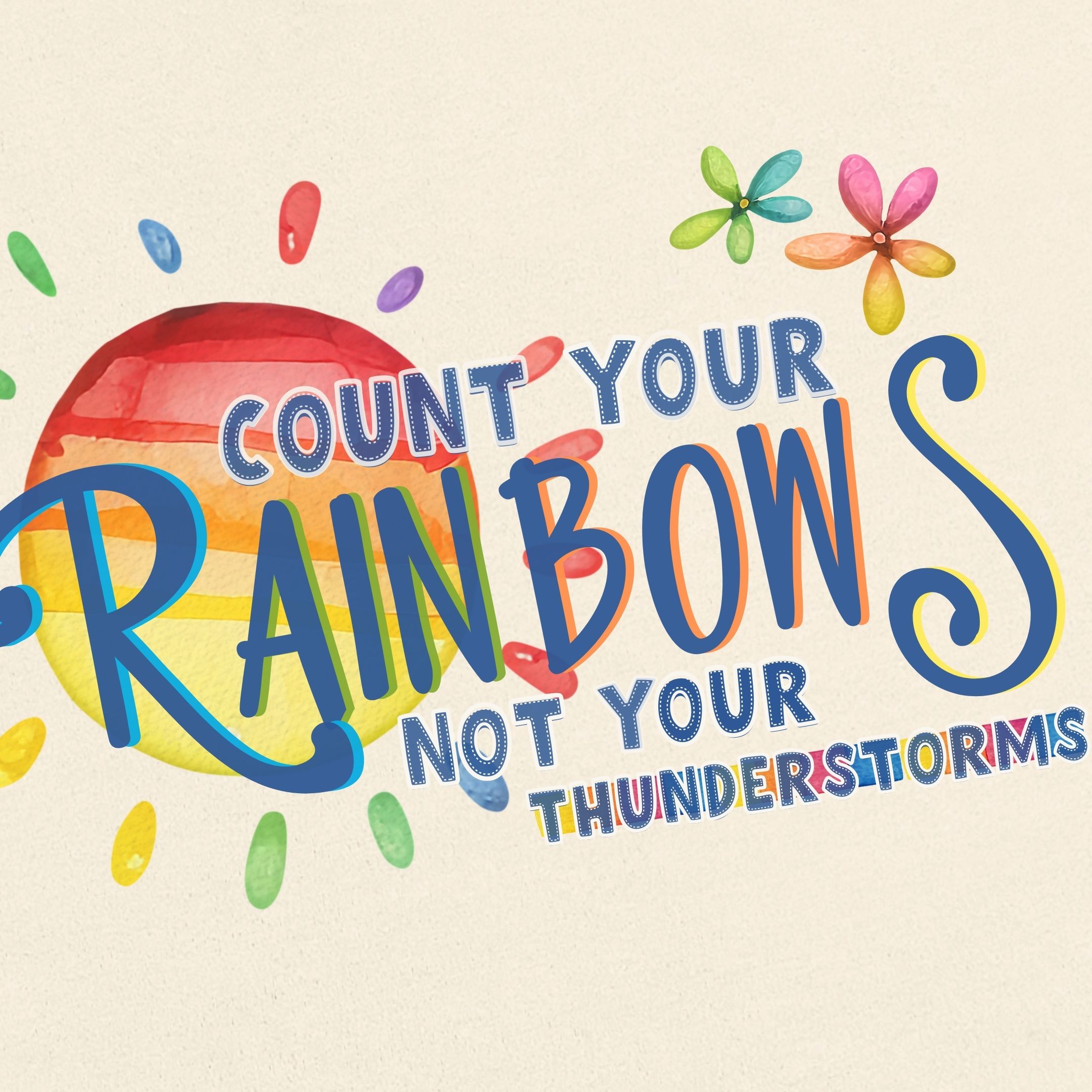
NVC at a Glance
Nonviolent Communication (NVC) helps turn around the negative patterns that keep us from the joyful, compassionate giving and receiving that is in our true natures. The language and process of NVC is honestly expressing ourselves and empathically hearing others through four components.
1. Observations – the concrete things we see and hear
If I say “You’re rude” you may disagree or feel defensive. If I say “When you walked in you did not say hello to me” we have a neutral starting place for our discussion.
2. Feelings – how we feel in relation to our observations
If I say “I feel like an idiot” I am making a judgement about myself, whereas “I feel so embarrassed” describes my feeling. “I feel like you’re angry at me” interprets the other person, whereas “I feel anxious or afraid” describes what I feel.
3. Needs – the needs, values, and desires that underlie our feelings
Needs are universal human needs. If it includes a person, location, action, or time it is a strategy rather than a need. “I want you to come to my birthday party” may be a strategy to meet my needs for love and connection.
4. Requests – the concrete actions we request to enrich our lives, phrased as what we want instead of what we don’t want. A request is not a demand – you can tell the difference by how you act if the other person says no.
Examples of life-alienating communication:
- Language implying wrongness or badness such as who “is” what, who “deserves” what, blame, insults, and labels.
- Language that denies responsibility, such as I have to, he made me, it’s the rules, or I couldn’t help it.
Yes, you will feel awkward when you first start to “speak NVC”. Awkwardness may be a welcome improvement over what you were doing!
→ We may speak these four components to someone else.
→ We may receive them from someone else even if that person is unfamiliar with NVC.
→ We may go through these components to give and receive with ourselves.
Examples of Feelings
Affectionate
Aggravated
Amused
Angry
Calm
Confident
Confused
Curious
Despair
Engaged
Fatigue
Jealous
Gloomy
Grief
Happy
Hopeless
Hurt
Loving
Mellow
Numb
Proud
Relaxed
Safe
Satisfied
Scared
Serene
Surprised
Tender
Trustful
Yearning
Examples of Needs
Autonomy
Communication
Connection
Cooperation
Harmony
Honesty
Love
Meaning
Peace
Play
Presence
Purpose
Safety
Self-expression




